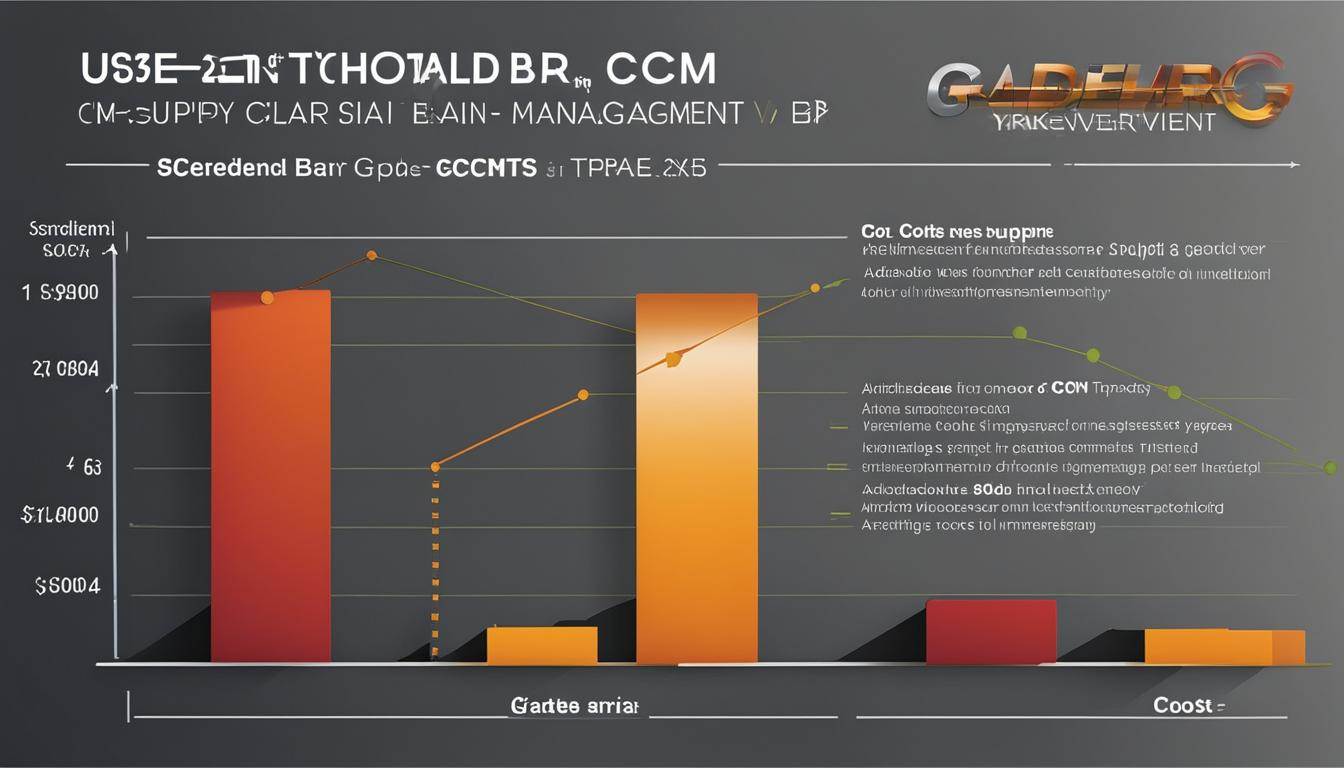Types of Risk in Treasury Management
Effective treasury risk management entails identifying and mitigating financial risk, liquidity risk, and market risk in order to safeguard your organization's financial health. Utilizing strategies such as risk assessment, risk mitigation, and cash management is essential for managing these types of risks in treasury management.
Understanding Treasury Risk Management
Treasury Risk Management
Treasury risk management is all about preparing for unexpected costs. It focuses on reducing the impact of changes in the financial environment on a company's cash flow goals. This practice helps organizations stay financially stable while aiming for profitability. In today's unpredictable market, having a solid treasury risk management plan is key to dealing with challenges like fluctuating ...












